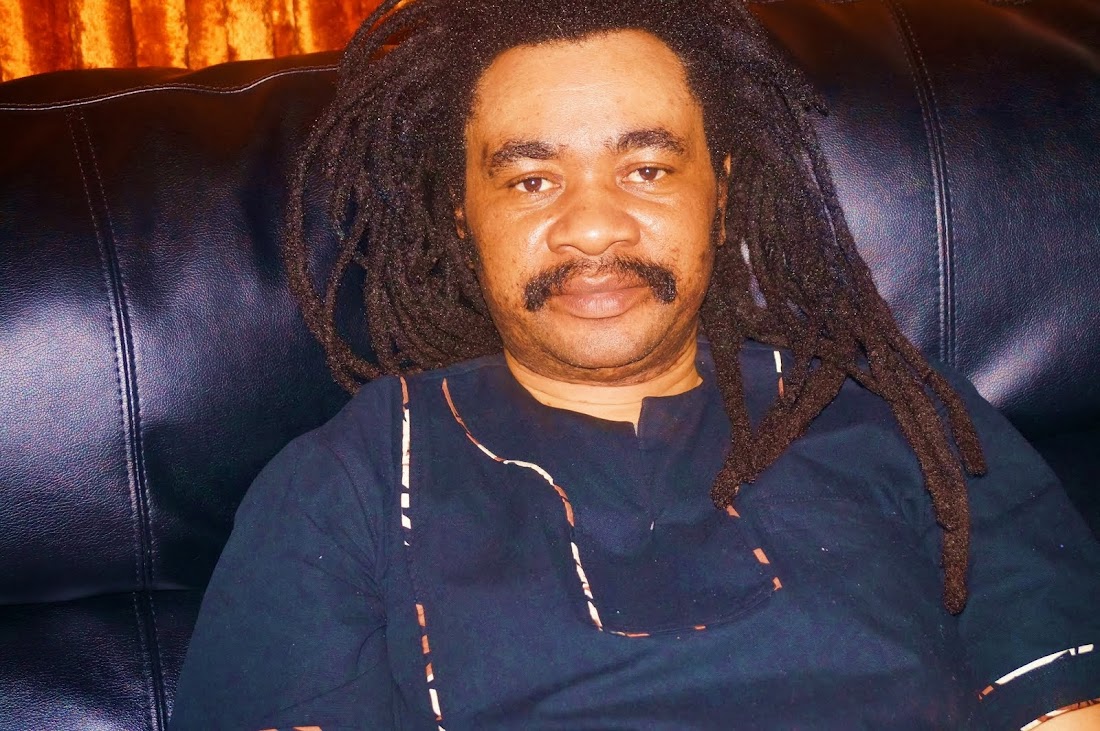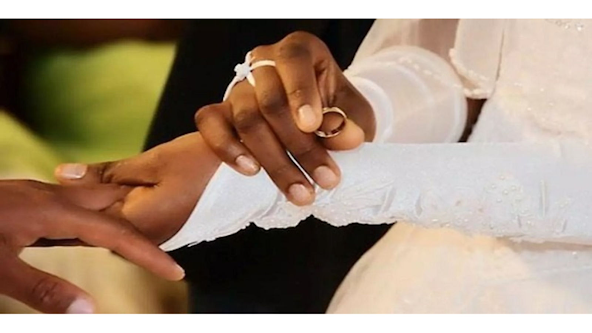Today, 25th April, marks exactly 60 years, in the continuing life of our Union between Tanganyika and Zanzibar. It was on that “miracle day”, 25th April, 1964; when the “miracle session” of the Tanganyika Parliament voted itself out of existence; and, together with the Zanzibar Revolutionary Council, created an entirely new country, and a new nation. This happened when Members of the Tanganyika Parliament, unanimously passed that historic legislation which established the Union between Tanganyika and Zanzibar, an entirely new country, thus creating an entirely new nation of Tanzanians. It indeed was, and remains to be, a “day to remember”. And for that reason, this day will continue to occupy a ‘place of honour’ in the annals of Tanzania’s political history. Thus, as we commemorate that that historic day today, it gives us the opportunity to reflect on the events of that day. And that, is precisely the purpose of this presentation.
The extraordinary session of the National Assembly.
This had to be an extraordinary session simply because, earlier during that same month, the MPs had completed their ordinary session, and the House had been duly adjourned to May 12th, when the budget session for that financial year was scheduled to commence. I was the Clerk of the National Assembly at the material time, hence the task of summoning the MPs for that extraordinary meeting fell on me, having been directed to do so by President Nyerere himself.
The implementation of this whole process was unusually ‘hush-hush and fast track’. When the MPS arrived in Dar es Salaam, they, naturally, were anxious to know the reason for calling this extraordinary meeting, but I too did not know. It was only when I went back to State House in the evening of that day to inform the President that all the MPS had already arrived in Dar es Salaam, that is when he ‘opened up’ and directed that the meeting will be held in the afternoon of the next day, Saturday 25th, and that he himself would come to address the House.
I went back to inform the MPs accordingly; and made the necessary preparations for that meeting. I later learnt that the morning had been reserved for the meeting of the Zanzibar Revolutionary Council, for the same purpose; which was to ratify the Union Agreement.
The meeting started at 5 o’clock in the afternoon, like all ordinary afternoon sittings of the National Assembly. In his speech, the President disclosed that he, and Zanzibar President Abeid Amani Karume, had, on 22nd of that month signed an Agreement to unite the two countries into one sovereign State, and that he had come to seek parliament’s approval of that Agreement. This is what President Nyerere said:-“Tanganyika na Zanzibar ni nchi ndugu. Tunashirikiana kwa historia, lugha, mila, tabia, na siasa. Udugu wa Afro Shirazi Party na TANU, wote mnaufahamu. Udugu wa viongozi wa vyama hivi viwili haukuanza jana. Basi, tunazo sababu zote hizo za kutufanya tuungane, na kuwa kitu kimoja. Juu ya yaote hayo, kuna shauku kubwa ya Umoja wa Bara la Afrika. Basi, kwa kuzingia yote hayo, mimi, kwa niaba yenu, na Rais Karume, kwa niaba ya watu wa Zanzibar, tulikutana Unguja siku ya tarehe 22 mwezi huu, tukatia saini mkataba wa umoja baina ya nchi zetu mbili.
Mnao mkataba huu, na mtaujadili. Endapo Bunge hili, pamoja na Baraza la Mapinduzi la Zanzibar, yataukubali mkataba huu, nchi zetu zitakuwa nchi moja. Siyo nia yangu kueleza mkataba wenyewe, mtaelezwa wakati wa majadiliano. Kazi yangu ni kuwaombeni muukubali mkataba huu”.
This turned out to be an unusually busy and historic parliamentary session, which lasted for only three days; but produced the momentous new creations already referred to above. The political work had been completed with the signing of the Union Agreement. What followed was a ‘duo game’ played solely by the government’s top legal experts, the Attorney General (AG) , and the Chief Parliamentary Draughtsman (CPD); who worked diligently to produce the legislation required for putting the Union legally in place. Thus, parliament’s business was focused mainly on discussing that proposed legislation, which they did with high level excitement, and gusto.
The relevant Government Bill was titled: “A Bill for an Act to ratify the Articles of Union between the Republic of Tanganyika and the Peoples’ Republic of Zanzibar, to provide for the Government of the United Republic, and of Zanzibar; to make provision for the modification and amendment of the Constitution and laws of Tanganyika for the purpose of giving effect to the Union and the said Articles, and for matters connected therewith, and incidental thereto”.
The great political significance of this event, is that whereas the former States of Tanganyika and of Zanzibar were created by the European and the Arab colonialists, this new State was our own creation, put in place by voluntary Agreement (known as the “Articles of Union”) between the Presidents of the former States; and duly ratified by the Legislatures of both countries.
The excitement was motivated by the statement from Rashid Kawawa, the Leader of Government in the National Assembly, who, when concluding his speech to introduce the motion for the Second Reading of the Unification Bill: emotionally declared: “We are creating a new country, totally different from the two countries that we inherited from the colonialists”; thus raising fever-high excitement among the MPs, who proceeded to discuss the Bill, with everyone expressing his ‘unqualified support’. The motion was eventually passed, ‘nemine contradicente’ (with no one dissenting).
I had been instructed to submit the Bill immediately after its passage by the National Assembly, to the President for his constitutional Assent; which I dutifully did. That Assent was promptly given.
Given these unusual circumstances of ‘fast-track’ proceedings, there was no opportunity for organizing any celebrations to mark this historic event. There were, of course, very sound reasons for this state of affairs, which are detailed in my book titled “Historia ya Muungano wa Tanganyka na Zanzibar” (Tanzania Educational Publishers Limited, Bukoba) 2019. They are briefly summarized a little later below in this presentation. The following was Parliament’s time table for that ‘miracle’ session:-
1. Saturday, 25th April 1964; legislation unanimously passed to ratify the Unification Agreement.
2. Monday, 27th April, 1964: In accordance with the provisions of that legislation, and of the ‘Articles of Union’, what was the Parliament of Tanganyika now became the Parliament of the United Republic of Tanzania; and the constitution of Tanganyika became the interim constitution of the United Republic, appropriately amended to make provision for the inclusion of Members from Zanzibar into the Parliament of the United Republic, plus other amendments, designed to give effect to the Union. Hence, the main business of the House on that day was the administration of the oath to the new MPs from Zanzibar. The other pillar of State governance, namely the Union Cabinet of Ministers, was also formed on that same day. But the Judiciary Branch was established at the beginning of May, 1964, by separate legislation.
3. Tuesday, 28th April, 1964; witnessing the exchange of the “Instruments of Agreement” establishing the Union, between the President of former Tanganyika, and the President of former Zanzibar, (now Presidents of the United Republic, and of Zanzibar respectively); followed by the adjournment of the House, to May 12th 1964.
The contents of the ratification statute.
We have already given above, the ‘long title’ of the ratification Bill which was passed by the National Assembly on 25th April, 1964. Its other contents were as follows:-
1. It provided that the “Articles of Union” (the Union Agreement) shall come into operation on the day next to that on which they were ratified.
2. The ratification statute also gave mandate to the Union President to enact legal provisions known as ‘Decrees’, for giving effect to the Articles of Union.
The secrecy surrounding the Union’s establishment.
The basic intention was to prevent the possible frustration of the process by the enemies of any such
unification.
The circumstances of that particular period, were that President Nyerere’s mind was still perturbed by the failure to achieve the objective of forming an East Africa Federation, for he had personally invested a lot of energy in its promotion, especially starting from June, 1963, when the Presidents of Tanganyika, Kenya and Uganda, issued a joint statement after their meeting in Nairobi, announcing their firm intention to establish that Federation “before the end of that year”.
But, unfortunately, that intention was not achieved, and the desired ‘East African Federation’ actually never saw the light of day; in all probability, because of interferences from such enemies. In view of that, Presidents Nyerere and Karume decided to conduct their negotiations in absolute secrecy. That was one reason.
But there was a second reason, which carried even greater weight. This was the genuine fear of Zanzibar’s invasion by the Arabs who had just been thrown out of power by the glorious revolution. President Karume’s new government was still fragile. It had not had time to establish its own strong defence forces that would be able to repulse such an invasion, if it took place. Hence, there was obvious need to hide the unification negotiations, for fear of being their scuttled by these Arab enemies.
And, indeed, the secrecy deal did succeed; right up to the day itself of signing the Unification Agreement in Zanzibar on Friday, 22nd April, 1964. But even then, all that the public was told by TANU’s newspaper “The Nationalist” of that day, was that “President Nyerere will travel to Zanzibar this morning, on a State visit to that country; aimed at consolidating the friendly relations existing between the two countries. He is scheduled to hold talks with his counterpart, President Karume, on issues of general interest and cooperation between our two countries”.
The same newspaper also published a news item, which quoted Salim Ahmed Salim, the Secretary to the Zanzibar Revolutionary Council, as having said that “we are delighted to welcome Tanganyika President Julius Nyerere, who is visiting Zanzibar for the first time since the success of glorious revolution. The people of Tanganyika and Zanzibar have always been close friends. It is therefore desirable and commendable, that our top leaders should meet from time to time, to discuss matters of common interest”.
It was only later in the evening of that day, when the true reason for President Nyerere’s visit to Zanzibar was revealed, in a short, terse statement issued from State House Dar es Salaam; which only said: “President Julius Nyerere, and Zanzibar President Abeid Amani Karume, met in Zanzibar today, and signed an Agreement to unite the two countries. But in order to become effective, that Agreement will need to be ratified by the Legislatures of both countries”.
And, as we have already seen above, the ratification procedures moved extraordinarily fast. The Agreement which was signed on 22nd April, 1964, was ratified by both countries’ legislatures only three days later, on 25th April, 1964. But, despite the inevitable challenges, our Union has been moving steadily from strength to strength, plus maintaining enviable stability, peace and tranquility.
This then, is the authentic story of how our beloved country, the United Republic of Tanzania, was created on today’s date, 60 years ago. “Mungu Ibariki Tanzania”.
piomsekwa@gmail.com/0754767576.
Source: Cde Pius Msekwa








